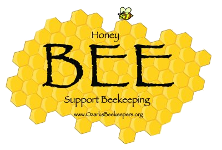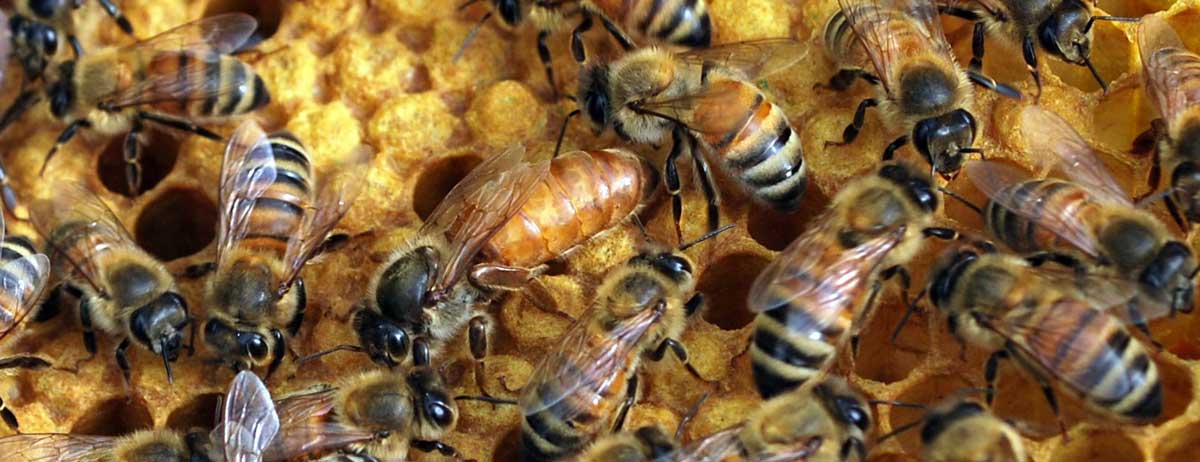A: This is an often heard question whenever we have a booth or presentation somewhere in the area. First, contact your local beekeeping association. They can be a wealth of knowledge and help. Next, see if any of the clubs or associations are offering a beginning beekeeping class. The Beekeepers Association of the Ozarks hosts a yearly class in beginning beekeeping. Finally, try to pair up with a local beekeeper, and spend a day or two with them. Most beekeepers are willing to take on beginners to help them out.
Q: Is beekeeping hard work?
A: Beekeeping does require some strength, and a bit of physical labor, although both handicapped people and blind people have been known to keep bees. There are ways of reducing the physical labor involved. Join the association, and find out how.
Q: How much time does it take to keep bees?
A: Beekeeping is a seasonal hobby, and therefore, the time varies with the seasons. In the winter, there is practically nothing to do except to occasionally check for physical damage or snow blocking the entrances. The busiest time is in the early summer when each hive should be checked weekly to prevent swarming, and to add additional honey supers. This need take no longer than a few minutes once you get the hang of it.
Q: How much will it cost me to get started?
A: There are several bee supply houses that offer a variety of beginner kits. These contain all the equipment you will need to start your first hive. The wooden ware can often be purchased pre-assembled. While these kits are handy, they tend to have some things that may not be needed by the beginner, and are a little expensive. They range in price from $200 to more than $300. Package bees average cost between $100 to $150 and nucleus colonies from $150 to $200.
Q: Do I need a bee suit?
A: You will need some sting protection. You can buy a veil and gloves for about $25, a full deluxe English type bee suit and gloves for around $100, and several in between to fit your budget. While you may learn to shed your protection with time, good sting protection makes sense when you are just starting out.
Q: How much honey will I get?
A: This will vary from year to year. In the Ozarks we've been averaging around 40 to 60lbs per hive and some hives going to 100lbs. This depends on the strength of the colony, the weather, location, and other environmental factors.
Q: Will I get stung?
A: There's no way to avoid this, YES you will. It really isn’t as bad as you think. Stings on the hands and arms don’t really hurt much, if you learn to remove the sting properly. Some seasoned beekeepers actually enjoy the first stings of the year, for it means that spring is surely here.
Q: What do I do if I get stung?
A: Scrape the stinger off with a fingernail, or the sharp edge of your hive tool. This grabs the shaft of the stinger, and pulls it out, leaving most of the venom in the sac. Never grab the bulb (venom sac) of the stinger and pull, because that squeezes all the venom into your skin, like a hypodermic syringe.
Q: If I swell when stung, am I allergic?
A: No, swelling is the body’s natural immune system at work. Some swelling is normal at first. With enough stings, swelling will usually become non-existent.



